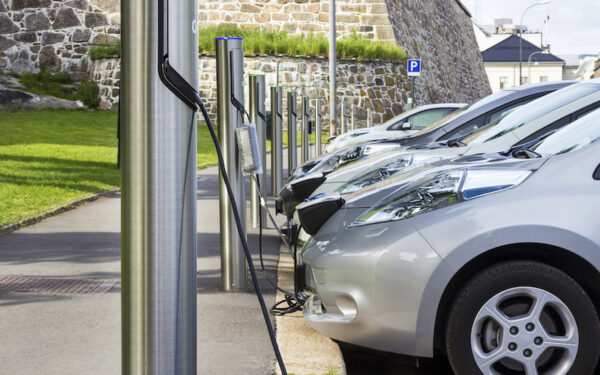Progress Report: Protecting the Canyons and Seamounts
CLF is fighting to protect the invaluable habitat, biodiversity, and unique marine life of the Canyons and Seamounts National Monument.

CLF is fighting to protect the invaluable habitat, biodiversity, and unique marine life of the Canyons and Seamounts National Monument.

Don’t believe the disinformation. We can develop offshore wind and meet our renewable energy goals while protecting the marine environment.
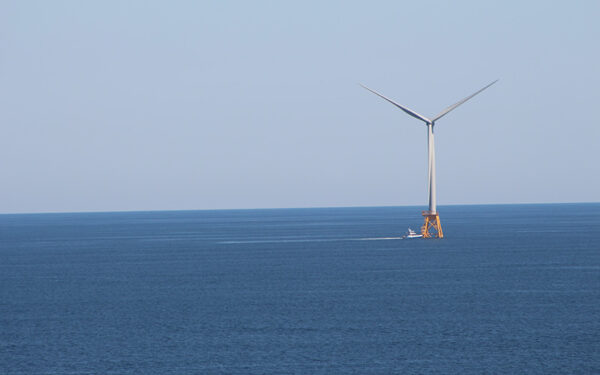
“There are so few right whales left that every death brings this species closer to extinction,” said CLF Senior Attorney Erica Fuller. “This calf isn’t even two months old and yet it’s not expected to live because the federal government has delayed meaningful action for more than a decade. NOAA must publish its final rule immediately and protect this majestic species before it disappears from our oceans forever.”
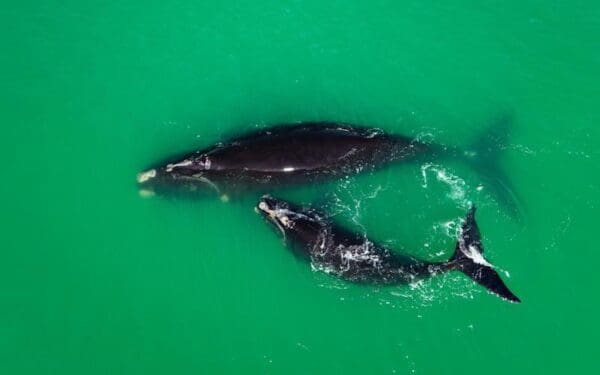
“Massachusetts beaches and waterways are choking with trash,” said CLF attorney Mara Shulman. “Across the state, volunteers are spending countless hours picking up litter. This is unsustainable. Updating the Bottle Bill will not only slash litter, but it will also reduce the state’s greenhouse gas emissions. It’s time for legislators to meet this moment and stop relying on volunteers to clean up litter when a legislative solution is at our fingertips.”
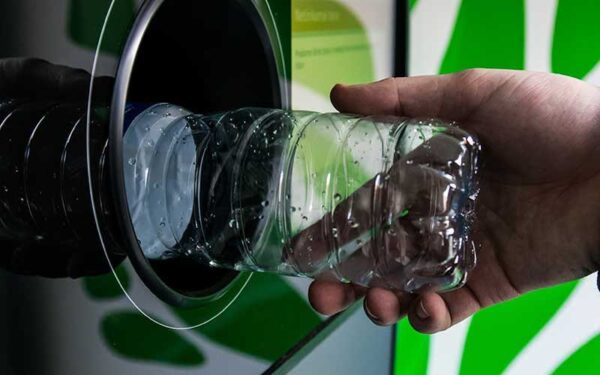
Regardless of how we dispose of it, plastic will not biodegrade. Here’s what that means for our communities and environment.

“This is a historic moment that’s been years in the making,” said CLF President Bradley Campbell. “It’s proof positive that New England’s transition away from polluting fossil fuels and towards clean, renewable energy is underway in earnest. We must now quadruple the rate of clean energy deployment, and New England is where it can be done responsibly.”
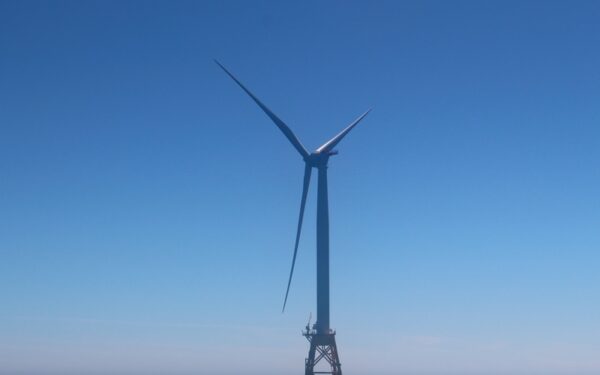
Britteny Jenkins, CLF’s Vice President for the Environmental Justice Program shares her journey and goals for our region. She will lead our transportation, climate justice, and zero waste efforts.

By providing our country with clean, renewable energy, those tiny lines on the far horizon mean thousands of families won’t face the sickness and shortened lives that are required to produce fossil fuel energy.
To make closures as painless as possible, the MBTA must prioritize: 1. Timely Announcements, 2. Transit Alternatives, 3. Transparency, 4. Translation, and 5. Thinking Ahead.
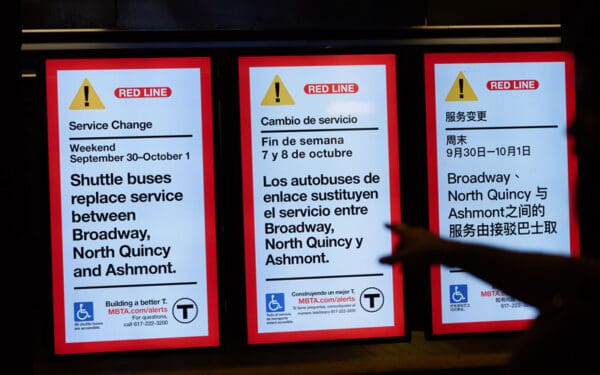
Maine’s Board of Environmental Protection’s straw poll indicates the members’ positions on both standards preceding a formal, final decision that will take place at the end of December.
